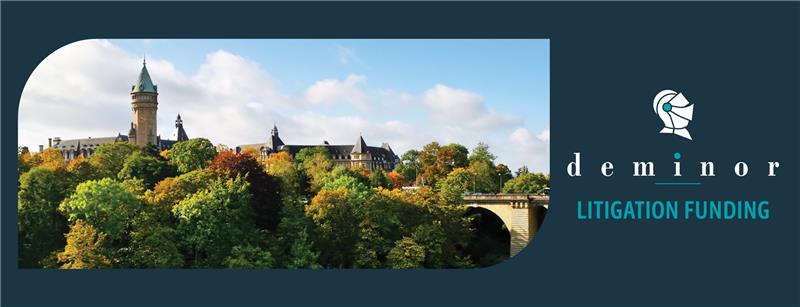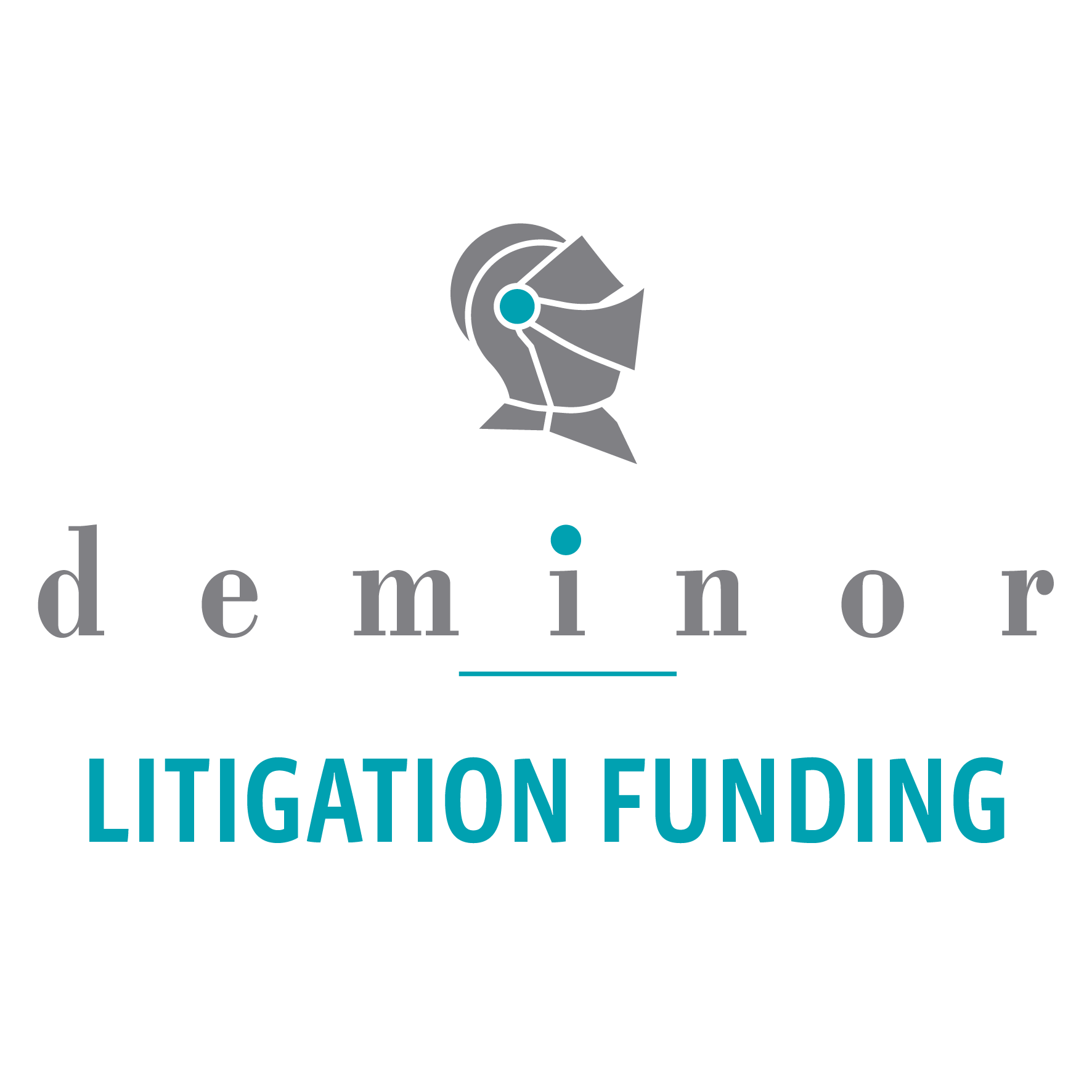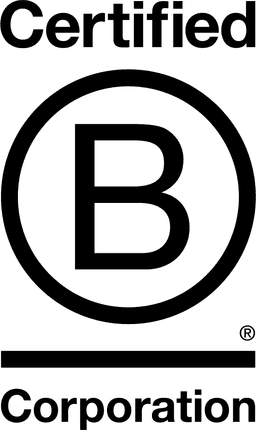

Deminor Recovery Services (Luxembourg) SA

1.6
Luxembourg District, Luxembourg
May 2025
Other financial services
Service with Minor Environmental Footprint
Belgium,
Germany,
Hong Kong S.A.R.,
Italy,
Luxembourg,
Spain,
Sweden,
United Kingdom,
United States
Founded in 1990, Deminor is a Band 1 Chambers & Partners international litigation funder with offices in Brussels, London, Hamburg, New York, Hong Kong, Madrid, Milan, Stockholm and Luxembourg. Deminor’s name, derived from the French ‘défense des minoritaires’, reflects its origins in providing services to minority shareholders. Deminor is still very much defined by the pursuit of good causes and its determination to restore justice for clients. Combining skill sets from 19 different nationalities and 22 languages, Deminor has actively supported 79 recovery cases in 23 different jurisdictions, including the Americas, the Middle East and offshore centres such as the Cayman Islands and Bermuda. With specialists in arbitration, enforcement, intellectual property, competition, investments & tax, corporate & post-M&A, In 77.8% of all concluded cases Deminor's clients achieved a positive recovery. The average duration of all concluded cases was 4 years. In addition to funding one-to-one commercial claims, Deminor originates, syndicates and funds group actions. In 2018, Deminor was instrumental in securing the two largest securities settlements in Europe (EUR 1.4 bn in the Steinhoff case and EUR 1.3 bn in Fortis/Ageas).
Overall B Impact Score
Governance 11.0
Governance evaluates a company's overall mission, engagement around its social/environmental impact, ethics, and transparency. This section also evaluates the ability of a company to protect their mission and formally consider stakeholders in decision making through their corporate structure (e.g. benefit corporation) or corporate governing documents.
What is this? A company with an Impact Business Model is intentionally designed to create a specific positive outcome for one of its stakeholders - such as workers, community, environment, or customers.
Workers 42.6
Workers evaluates a company’s contributions to its employees’ financial security, health & safety, wellness, career development, and engagement & satisfaction. In addition, this section recognizes business models designed to benefit workers, such as companies that are at least 40% owned by non-executive employees and those that have workforce development programs to support individuals with barriers to employment.
Community 16.0
Community evaluates a company’s engagement with and impact on the communities in which it operates, hires from, and sources from. Topics include diversity, equity & inclusion, economic impact, civic engagement, charitable giving, and supply chain management. In addition, this section recognizes business models that are designed to address specific community-oriented problems, such as poverty alleviation through fair trade sourcing or distribution via microenterprises, producer cooperative models, locally focused economic development, and formal charitable giving commitments.
Environment 7.5
Environment evaluates a company’s overall environmental management practices as well as its impact on the air, climate, water, land, and biodiversity. This includes the direct impact of a company’s operations and, when applicable its supply chain and distribution channels. This section also recognizes companies with environmentally innovative production processes and those that sell products or services that have a positive environmental impact. Some examples might include products and services that create renewable energy, reduce consumption or waste, conserve land or wildlife, provide less toxic alternatives to the market, or educate people about environmental problems.
Customers 5.0
Customers evaluates a company’s stewardship of its customers through the quality of its products and services, ethical marketing, data privacy and security, and feedback channels. In addition, this section recognizes products or services that are designed to address a particular social problem for or through its customers, such as health or educational products, arts & media products, serving underserved customers/clients, and services that improve the social impact of other businesses or organizations.